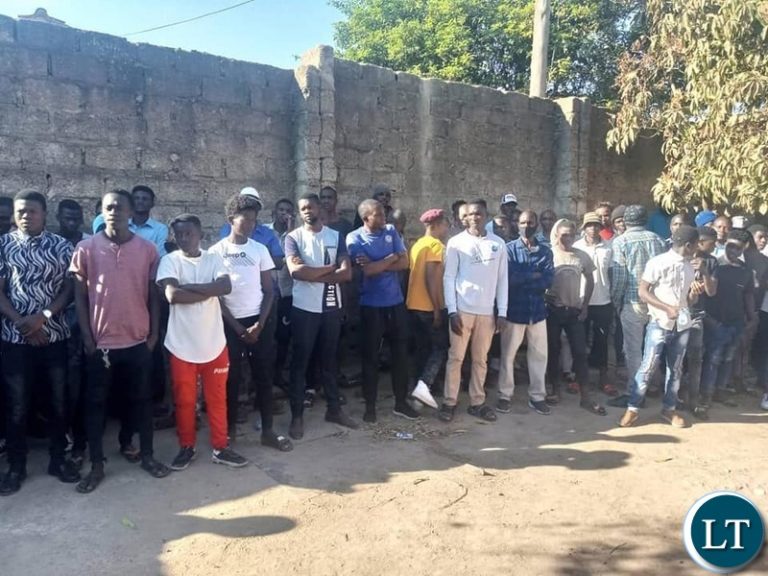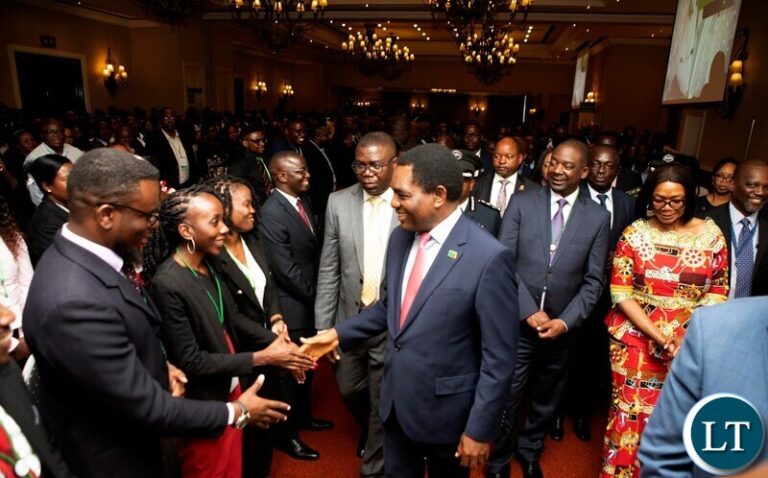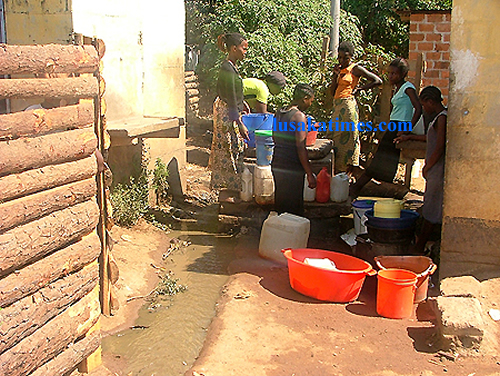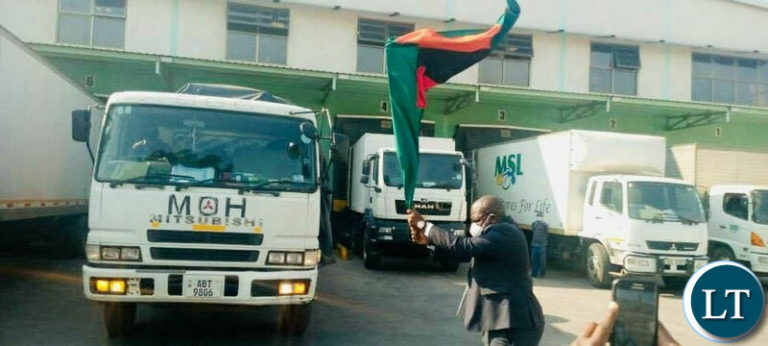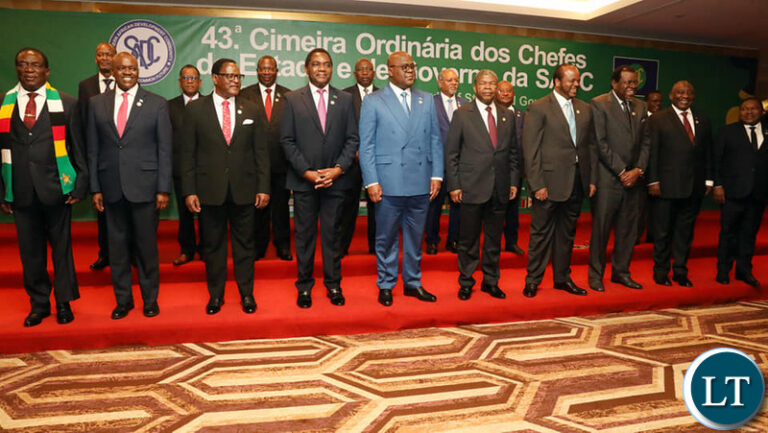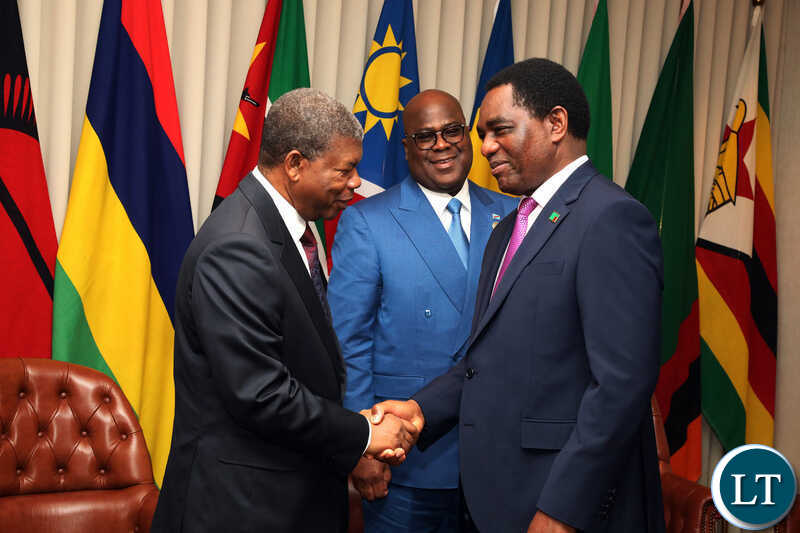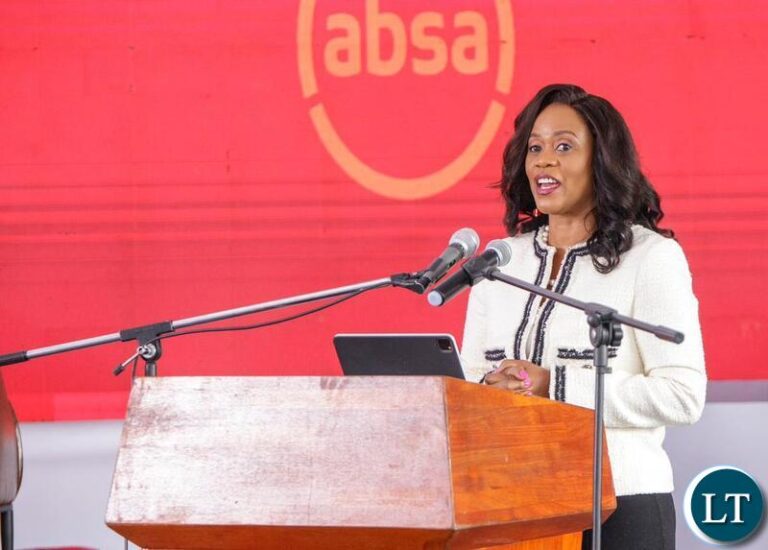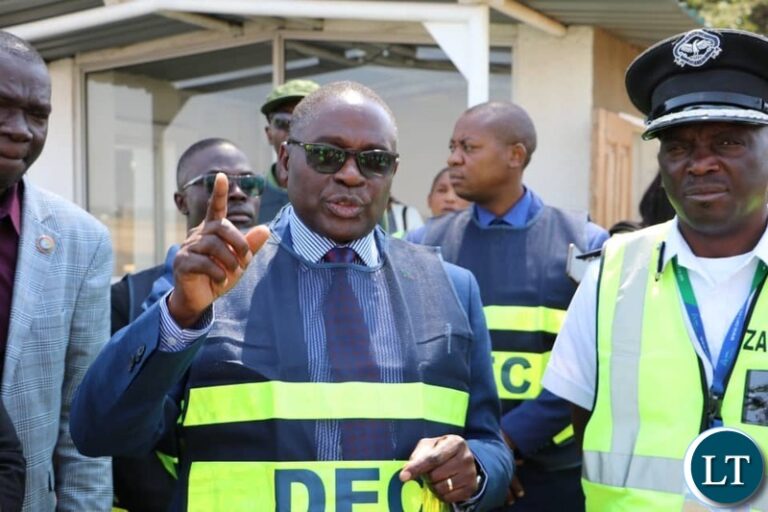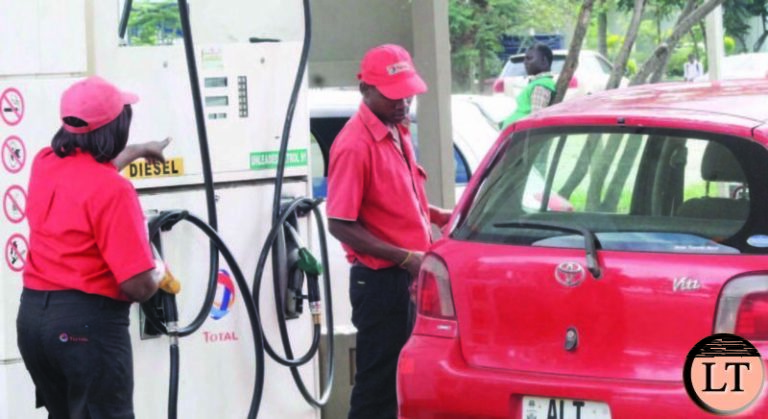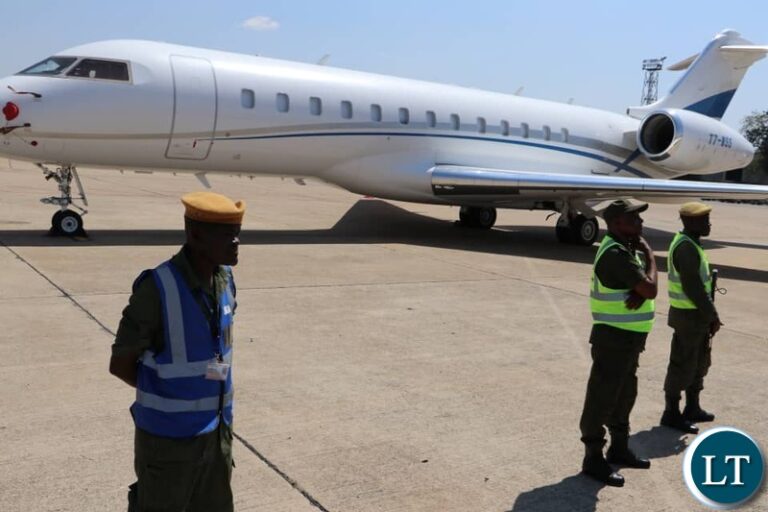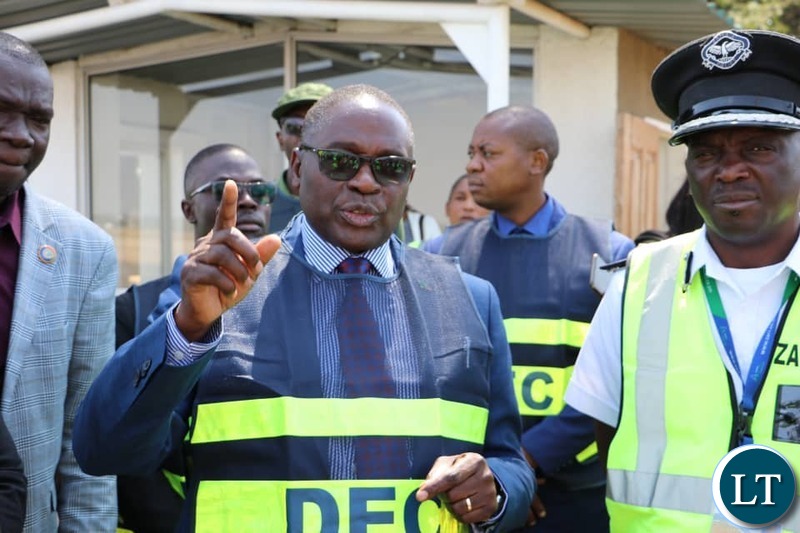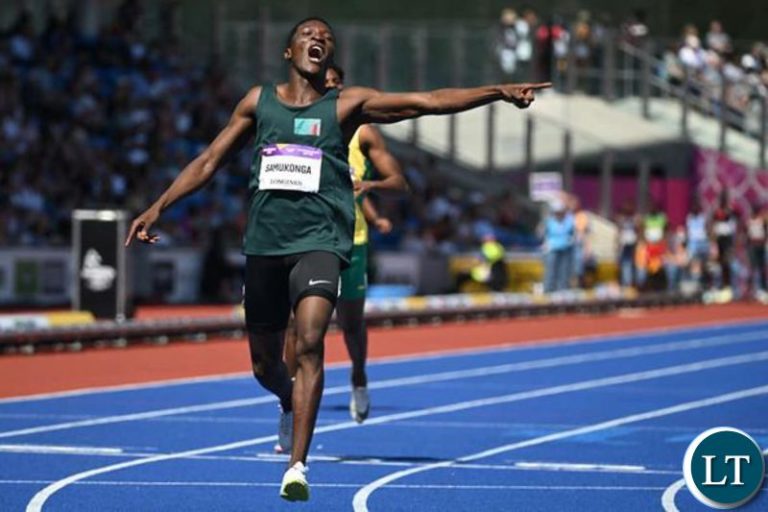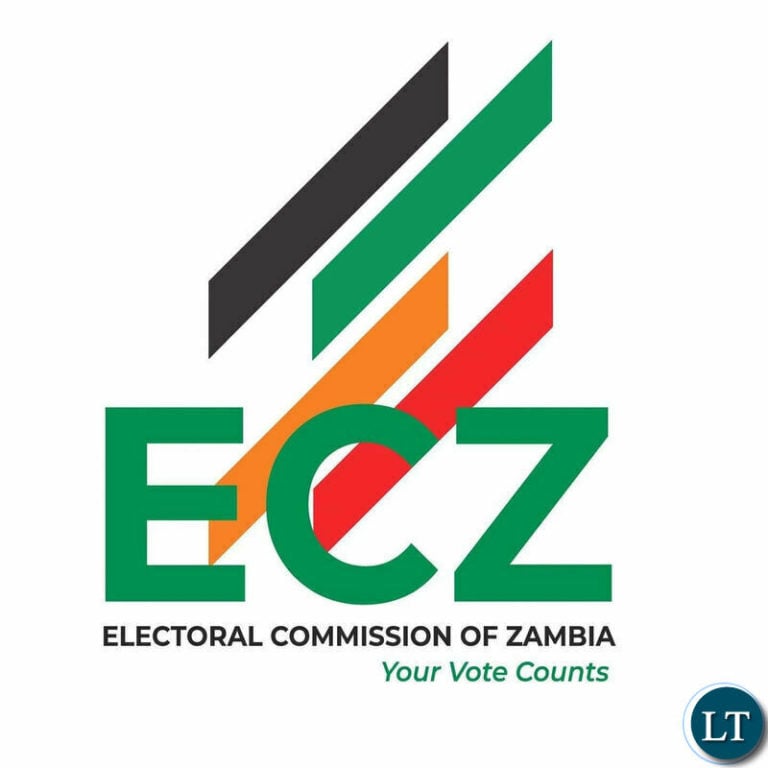This is an appendage to the first installment on the importance of adding nuclear energy capacity to the grid. The last column outlined the scope and scale of investments associated with nuclear power, alongside the benefits and challenges linked to the energy source. The emphasis of this edition is on traditional and novel challenges to energy supply and demand. It also proceeds to review the government’s position on nuclear power, adding some key recommendations. Eventually, a review of the activities of other countries on the continent, in this area, is presented, with the aim of providing crucial lessons.
Existing and emerging challenges
According to an International Atomic Energy Agency (IAEA) 2022 publication, about 600 million people and 10 million small businesses, in Africa, have no access to reliable electricity. The report posits that, connection to the grid does not guarantee supply, as power cuts are prevalent. Blackouts have become more frequent with 80% of businesses experiencing power outages, which curtail business and overall economic performance. Exacerbating the poor electricity generation capacity, is the fact that demand for electricity increases twice as fast, in Africa, as the global average. This is due to tremendous rural-to-urban migration, coupled with robust population growth.
Climate change has impacted the performance of hydro-electricity, resulting in reduced and erratic power generation from water resources.
Coal, though being an affordable power source, is a heavy pollutant. Resultantly, expanding the capacity of coal-fired power plants in a headlong fashion, can lead to diplomatic tiffs, negatively impacting the country’s foreign relations. Thus, there is a need to balance growth in fossil fuel electricity generation with cleaner and more sustainable methods such as nuclear.
Solar and wind power, typically work out to be more expensive than nuclear energy, as the lifetime of solar components and wind turbines (20-30 years) is about half of that of a nuclear plant (60 years). Replacing the infrastructure adds to greater cost when compared to nuclear power. Apart from that, renewables are erratic sources of energy and require a coal or nuclear plant to be on standby, if there is to be a seamless supply of electricity to the national grid. The back up costs (staff salaries, maintenance of equipment, etc) render renewables less effective.
Thus, in order to go past the traditional and new challenges in power generation, nuclear energy will provide the best option for cost, diversity, sustainability and energy security.
Zambia
Additional electricity capacity remains urgent for Zambia, especially for the sake of energy security, diversity, and an uncertain future. Nuclear power will prove an important part of electricity generation, if introduced. As of 2022, the nation had an installed electricity capacity of 3,456.8 MW, against a peak national demand of 2300MW. Since then, there was a temporary surplus in electricity generation, which was exported to DRC, Namibia, Botswana, Tanzania and Malawi, among other nations. However, owing to climate change, the erratic and lower dam levels, resulted in exports being momentarily paused, from January this year. After a brief resumption, another moratorium on exports is expected from August. As the effects of climate change ensue, several global experts posit that the country’s hydropower generation is set to dip even further, in the next decades. This does not bode well for Zambia, as hydro-electricity is the source of 85% of the country’s energy mix. Further more, with a national access to electricity of only 31%, and growing demand for energy, the risk of power supply and demand mismatches, will be more pronounced.
In 2016, the country signed a memorandum of understanding (MOU) with Rosatom (Russia’s government owned nuclear corporation). The MOU would create way for the training of nuclear energy engineers, develop a nuclear energy regulator, and the building of a nuclear plant. This would also pave a way for advances in medicine, agricultural services and energy, using nuclear technology. At the time, it was further reported that a nuclear plant of 2400 MW capacity was targeted, with an estimated cost of $30 billion dollars. However, with an annual government budget of K172.9 billion ($8.8 billion), as of 2022, funding a large nuclear plant would require that government mobilize more resources, in order to afford it.
Nevertheless, Small Modular Regulators (SMRs) remain a viable option to consider, as they are cheaper. Building SMRs, at this stage, holds significance beyond electricity generation. Benefits such as advancement of skills in handling nuclear technology, will ensure that, when the funding for large plants is eventually available, the transition will be efficient. Delaying new nuclear build, until finances are sufficient for a large plant, may see the nation loosing out on other advantages of familiarization with nuclear technologies. Additionally, an opportunity exists for exporting surplus electricity within SADC, as there is a deficit in the region. Infrastructure for exporting power to SADC countries is already available through the Southern African Power Pool (SAPP). Due to the regional deficit and rolling blackouts, the nation which is first in creating reliable surplus energy, has the opportunity to recoup some of its investments in extra capacity.
Zambia also has uranium deposits, immediately north of Kariba, which are currently being quantified by the Canadian mineral resource company, GoviEx Uranium. Feasibility studies are expected to be completed by 2024. This provides a further opportunity for the country to enrich its own uranium and understand the whole nuclear fuel value chain, from uranium mining, to enrichment, etc. The prized benefit of mastery in such value chains, implies that the nation will be able to get the best returns on its mineral resources. It is also reported that, other areas in the country have potential for deposits, apart from the GoviEx exploration region. Further inquisition into such issues will serve the nation more resources to exploit.
Rest of Africa
As more African countries have taken clear policy direction on nuclear energy, a review of developments on the continent, in this regard, can serve to provide vital reference points for Zambia.
At the moment, South Africa is the only country on the continent with a functional nuclear power plant. Their Koeberg station, in Cape Town has a capacity of 1860 MW, and supplies 50% of the Western Cape province’s energy needs. The publicly owned Koeberg, has been a huge success, as no injuries or casualties of civilians have been reported since the commissioning of the plant, about 40 years ago (1984). It was built by the French corporation, Framatome. Energy executives in the country, insist that Koeberg produces the cheapest, safest and most reliable energy in South Africa. It is noteworthy to state that, both capital expenditure and operational costs are included, in the conclusion that nuclear energy is the most affordable. Zambia therefore, has the opportunity to learn and fill up missing knowledge gaps in nuclear energy, from South Africa, which is a highly accessible neighbour.
Egypt will be the second country to have a functional nuclear power plant on the continent. From the 6th of October, Russia’s Rosatom, will commence work on the installation of the last of four nuclear reactor units, in El Dabaa. This is obviously a first for Rosatom, in Africa. Each of the four reactor units will have 1200 MW capacity (4800MW in total). The total cost is $30 billion and the plant is expected to operate at full scale by 2030. Rosatom will supply fuel for the plant’s life cycle. It will also train Egyptian personnel, provide operations support and service, for the first 10 years of the plant’s operation. Additionally, Rosatom will provide containers and build a separate storage for storing radioactive waste.
Uganda targets to have a Nuclear Power Plant (NPP) by 2031. It needs one with 2000MW capacity, with at least 1000MW connected before the deadline (2031). China National Nuclear Corporation (CNNC) will partner with the African country for this ambitious project. The Chinese corporation initially signed a deal with Uganda in 2018, for creating a framework to provide assistance in the program. Consequently, Uganda proceeded to engage the International Atomic Energy Agency (IAEA) for an Integrated Nuclear Infrastructure Review (INIR), in 2021. This was meant for the evaluation of the status of its nuclear infrastructure development. Recommendations were made for the nation’s program and government officials continue to work with their Asian counterpart (CNNC), in order to fulfil the prescribed IAEA terms. The recommendations include, good practices in the national position on the program, stakeholder involvement and local industrial participation. Since electricity generation from hydro, biomass, geothermal and peat will not meet the country’s “Vision 2040” targets, ushering in nuclear power is inevitable. Without that, energy security will be compromised and industrialisation will regress.
Several other African countries have embarked on partnerships with foreign firms in order to prepare for and build nuclear capacity. These include Ghana, Kenya, Burundi, and Morocco, among others.
Gazing into the future
To some, it may seem that installing nuclear energy is a pipedream. However, the pollution and limited capacity of fossil fuels and renewables, indicate that, there is no other way to add reliable electricity supply to the grid without nuclear energy. For those countries which are clear on prioritizing energy diversity, security and capacity, nuclear is not an option but a must.
By the end of this decade, or soon after, it would serve the nation’s energy needs appropriately, if Zambia has a functional SMR, at the least. Knowledge and skills to be acquired from such a plant, will be invaluable for preparing the nation for larger plants or more SMRs, whose emergence is inevitable.
Kevin Tutani is a political economy analyst- [email protected]


